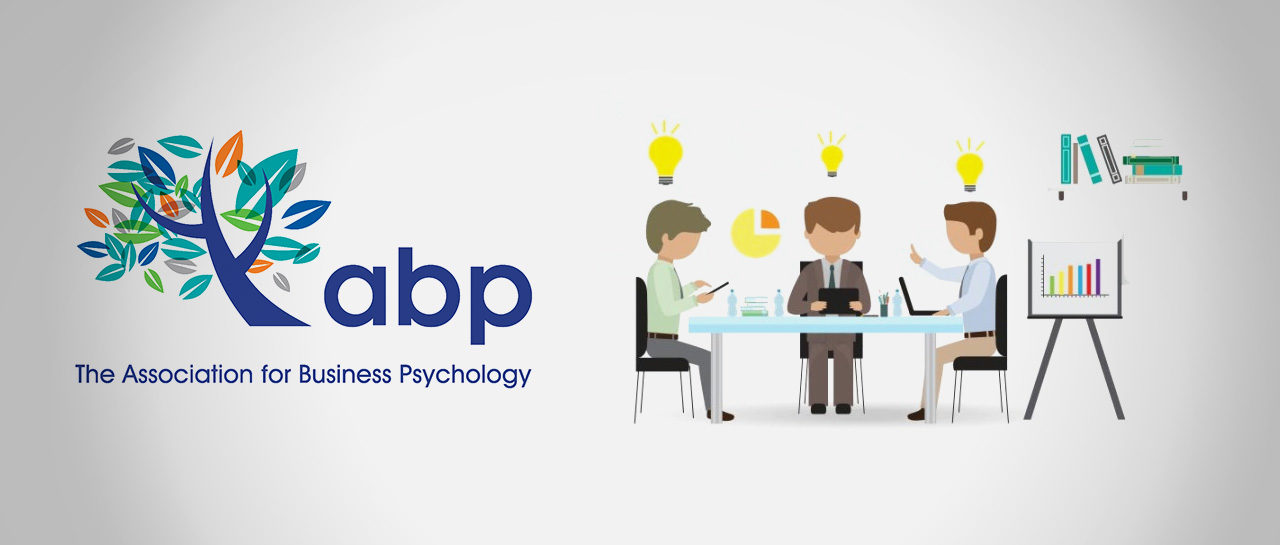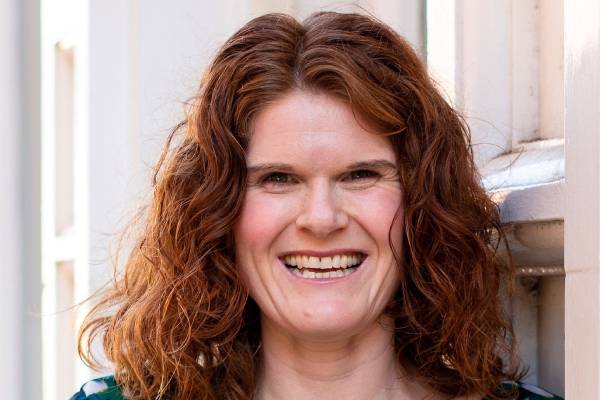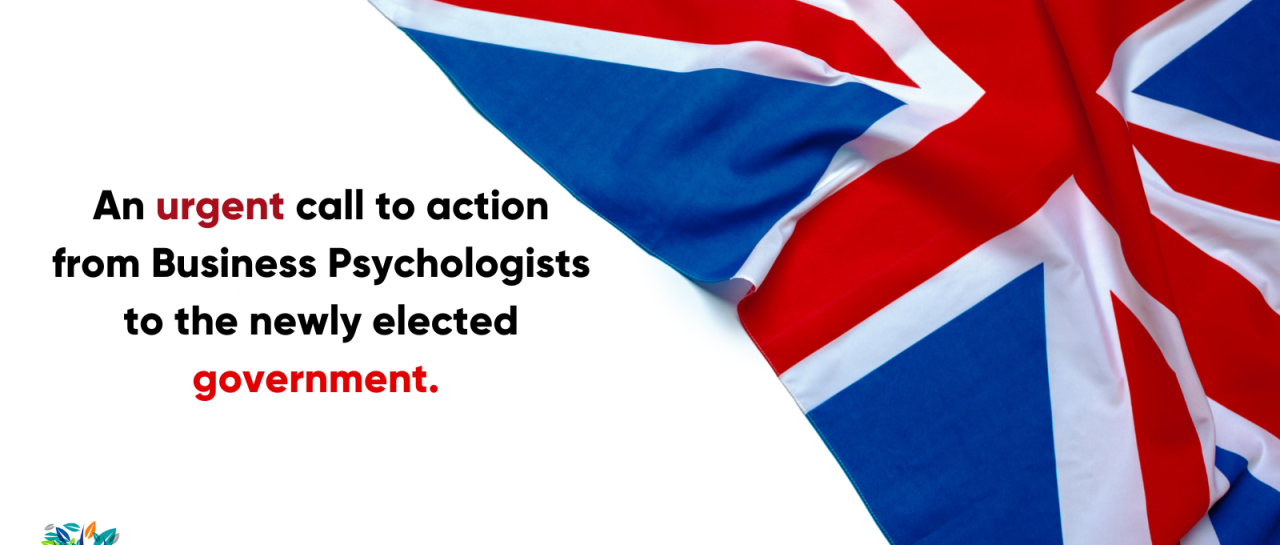Authored by Certified Business Psychologist Laura Howard. Certified Business Psychologist, Laura Howard, reflects on the webinar she recently delivered to ABP members. Below she outlines the main findings of her published research uncovering systematic barriers women face when being authentic as leaders. Importantly, she gives…

Phil Wilson
Chief Psychologist: Civil Service Fast Stream
Routes to Diversity and Inclusion for Early Talent
21st July 2020
The issue of diversity and inclusion has rarely had a higher profile than over the last few months. Employers have a duty to reflect the prevailing concerns, argued Phil WIlson of Civil Service Fast Stream (CSFS), in a fascinating and detailed presentation on his experience around promoting D&I issues in the Civil Service.
Against the background of Black Lives Matter, the pace of organisational change is accelerating in terms of general attitudes and what constitutes acceptable behaviour. The changing landscape accentuates awareness of actual and perceived injustices, white privilege and white fragility and other themes, such as what constitutes being anti-racist versus the more passive quality of not being racist.
Civil Service recruitment is forever in the spotlight, with a continuing focus on real and immediate priorities such as Brexit and Covid-19. It is driven by identifying and developing pioneering approaches to early talent engagement that has received respect from the recruiter and student communities, including CSFS being awarded No1 spot in The Times Top 100 Graduate Employer listing, no small achievement in the context of competition from virtually all major employers, across all sectors.
How has this coveted position been won? CSFS recruitment has achieved a great deal in respect to its graduate schemes, but also, for example, through its positive action internships and work in specialist areas such as autism. Examples of areas where a lateral thinking approach to D&I has made a difference include:
* People who fail the Fast Stream graduate programme can be considered for other roles under the “near miss” programme. This tends to be particularly helpful for diversity.
* A cultural bias review showed that assessor behaviour and sensitivity to cultural norms can have a crucial bearing on performance during assessment exercises.
* Setting of pass marks in assessments is a further lever to balance diversity outcomes.
* Embedding of diversity awareness training at induction stage can have a big impact on settling in and behaviours from new entrants.
Building on these points, Phil’s presentation reviewed three key pillars of D&I:
* Attraction
* Representation
* Inclusion
Attraction
Attraction of candidates is focused especially on targeted outreach and other activities. Outreach extends from schools to apprenticeships, to internships, to graduate roles.
A starting point is for CSFS to examine the main reasons for applying and to use this to steer messaging to potential applicants – reasons include:
* intellectually challenging work
* job security
* work/life balance
* career prospects
Part of the process is also about preparing diverse applicants for the assessment stages so that they can perform at their best. CSFS works with a number of diversity agencies that run preparation programmes, including UpReach and Rare Recruitment – together they have helped to achieve a success rate for diverse interns of around 40%, far higher than for mainstream candidates.
Representation
CSFS undertakes dynamic data analysis to understand representation for different groups in terms of diversity and social mobility purposes, throughout a selection process and once in post. This analysis takes into account detailed specific criteria, such as for ethnicity and disabilities, with the objective of increasing representation, fairness and removing bias. Benchmarks have been established to monitor progress. Bespoke specific online tests are used to determine potential, with allowances being made for those with a disability.
As part of the drive to reach out to diverse groups, the service has established a regional assessment centre in Newcastle and has also increased assessor diversity.
It has also established spring and summer diversity internship programmes, with the summer programme normally attracting over 500 participants, including around 75% interns from BAME backgrounds and 30% from both lower socio-economic and disability backgrounds.
Alongside graduate-level activity, there has been an increasing focus on apprenticeships – these have been found to be particularly effective at addressing social mobility. Programmes encourage confidence, skills development and a better approach to team work. An apprenticeship Talent Pilot delivered a success rate of 40% for those from lower socio-economic backgrounds who then move up to join those on the graduate programme.
A measure of the effectiveness of the autism programme has been demonstrated by the fact that the number of Autism Interns engaged has risen from 5 in 2015 to 70 in 2020, with positive employability also shown.
Inclusion
The CSFS approach is to use attraction and representation and then follow it through with a deliverable and realistic in-post inclusion agenda. This agenda includes:
- Understanding experiences from Fast Streamers, apprentices and interns from staff surveys, listening circles and working with networks.
- Ensuring policies are inclusive.
- Reviewing current processes and procedures to ensure accessibility to all.
- Reviewing our core curriculum to ensure both staff and Fast streamers role model inclusive leadership.
- Developing inclusion measures, reflecting authenticity, belonging and the opportunity to speak up.
- Supporting mental health needs as part of D&I requirements.
- Developing networks and FSET Diversity Champions.
Work continues, but the scope of these Civil Service interventions is undeniably impressive.
RT
21 July 2020



